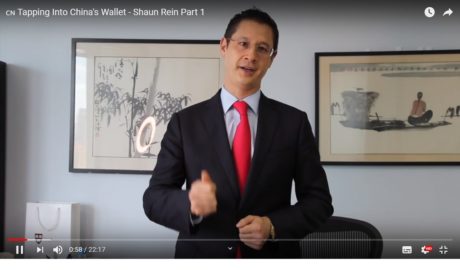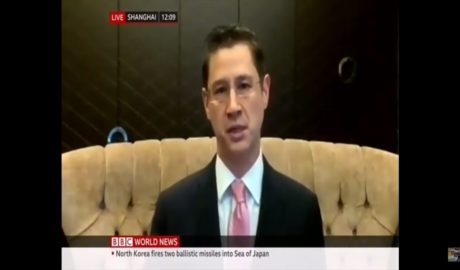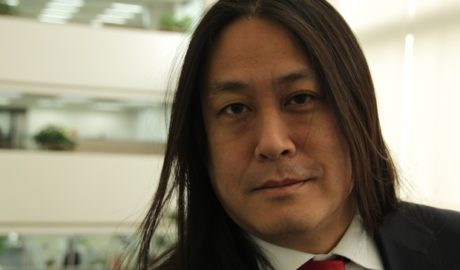Why the China internet went after H&M – Shaun Rein
H&M got hit by an unprecedented boycott from Chinese consumers, as the China internet went after the company for its stance on labor in Xinjiang. Partly that vehement outpour of anger was caused because internet companies have been under government investigations, says veteran business analyst Shaun Rein, so they had to prove more than ever they were not a danger for that government, he says at AP.Read More →







